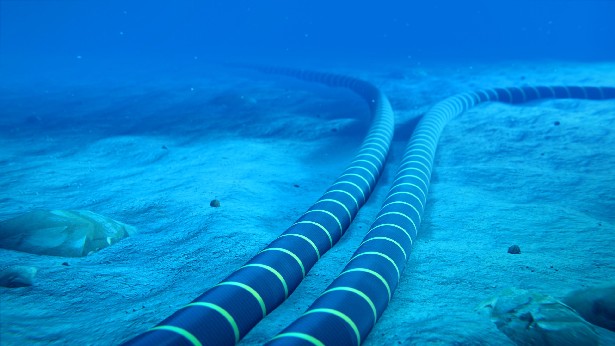Internet cables connecting Asia and Europe in the Red Sea have been cut
05.03.24
Three telecommunications cables, which play an important role in the operation of the global Internet, were damaged in the Red Sea. These cables are part of a critical data route between Asia and Europe.
The damage affected 25% of traffic passing through the Red Sea and destined for Africa, Asia and the Middle East. Seacom, which serves Djibouti, said preliminary tests indicate the damaged cables are within maritime jurisdiction of Yemen, on the southern Red Sea.
Last month, the Yemeni government said the Houthis were planning to attack internet cables. However, after the cables were damaged, the Houthis denied any involvement in the incident and blamed British and US military operations, although they have not provided evidence for their claims.
Seacom said it was rerouting traffic, although some services continue to experience problems. At the same time, Tata Communications, part of the Indian conglomerate and owner of the Seacom-TGN-Gulf line, said it had immediate steps taken to restore the line after it was interrupted.
Don't miss interesting news
Subscribe to our channels and read announcements of high-tech news, tes
Oppo A6 Pro smartphone review: ambitious

Creating new mid-range smartphones is no easy task. Manufacturers have to balance performance, camera capabilities, displays, and the overall cost impact of each component. How the new Oppo A6 Pro balances these factors is discussed in our review.
Poco M8 Pro smartphone review: give us more

Poco M8 Pro 5G immediately catches the eye with its size and the manufacturer’s desire to offer more than you’d typically expect from a device in this price range. It’s not just another mid-range device.
Starlink Direct to Cell will start operating in the European Union – calls via satellite directly from a smartphone internet world events
Spanish operator MasOrange has signed an agreement with SpaceX and received regulatory permission to use dedicated spectrum to test satellite communications that work directly with smartphones
VW Transporter released in Sportline version with GTI-style design car Volkswagen
In the UK, the Volkswagen Transporter Sportline is priced from £62,752, the Sportline 75 version from £64,552, and the Commerce Pro S trim starts at £53,086.


